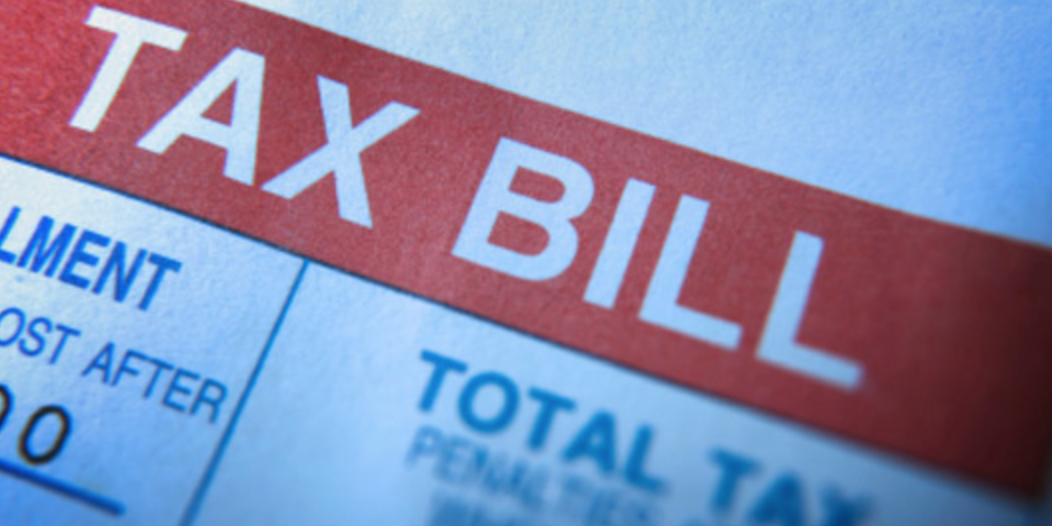The good news: The Belmont Board of Selectmen has cut the property tax rate in fiscal 2015 by nearly five percent.
The bad news: Your residential tax bill will in all likelihood be higher in the coming fiscal year.
That’s the analysis from the Board of Assessors which presented its recommendations to the Selectmen on Monday, Dec. 1.
The board’s recommendation, which the Selectmen approved unanimously, was that the fiscal 2015 tax rate to be set at $12.90 per $1,000 of the assessed value of the property. That is a 60 cent cut from last fiscal year’s rate of $13.50.
While normally a cut in a rate would be good news, it comes as the assessed value of Belmont properties increased by just under $500 million to $5.9 billion. That increase can be seen in the value of an “average,” or median, Belmont house which exploded to $847,900 from $782,600 last year.
For the “average” Belmont home, taxes next fiscal year will be $10,938, up $373 from last year’s average of $10,565.
“The decrease in the rate is a result of the increase in real property values with an increase in the tax levy capacity,” said Assessors Chairman Robert Reardon, who was accompanied to the meeting by his colleagues, Martin Millane, Jr. and Charles Laverty III.
For more information on just what is and how the tax levy is calculated, the Massachusetts Department of Revenue has a handy primer explaining the concept.
With the vote, Belmont will see an increase in property taxes in the coming fiscal year of $2.3 million (compared to $1.9 million last year) from a total amount collected of $76.6 million. That amount is the sum of the annual 2.5 percent increase allowed under state law and $654,000 in “new growth” which includes properties that have increased in assessed valuation since the prior year because of development or other changes and any new subdivisions and condo conversions.
As with past years, the assessors recommended and the selectmen agreed to a single tax classification for all properties and no real estate exemptions.
Reardon said Belmont does not have anywhere near the amount of commercial and industrial space needed to support separating the classes with their own tax rate.
“We are not raising more money by having a commercial rate, we are only shifting it” onto businesses while the savings for residential rate payers would be “negotiable,” said Reardon.
Under a senario where the commercial rate would be maximized by a factor of 1.5, residential tax payers would see their rate drop by 39 cents to $12.51/$1,000 of assessed value for an “average” savings of $330 per year while commercial rates would increase to $19.35/$1,000 to see an average increase of nearly $5,500 from last year.
“Every board strives to increase our commercial base … we really want to incentive them and you don’t do that by increasing the tax rate,” said Selectmen Chair Andy Rojas.








Leave a Review or Comment